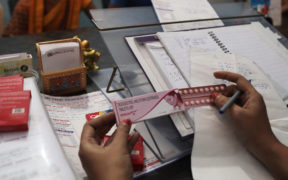
With India’s adolescent and youth population on the rise, the country’s government has sought to address this group’s unique challenges. India’s Ministry of Health & Family Welfare created the Rashtriya Kishor Swasthya Karyakram (RKSK) program to respond to the critical need for adolescent reproductive and sexual health services. Focusing on young first-time parents, the program employed several strategies to strengthen the health system to respond to adolescent health needs. This required a trusted resource within the health system who could approach this cohort. Community frontline health workers emerged as the natural choice.
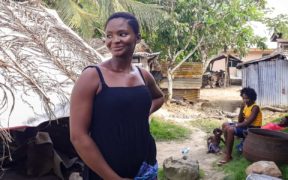
Queen Esther is proud to lead this small peer group, part of a core package of activities for young first-time parents (FTPs) developed by the Evidence to Action (E2A) Project. E2A’s comprehensive first-time parent program model, implemented with dedicated country partners and funding from USAID, is effectively improving health and gender outcomes for this critical population in multiple countries.
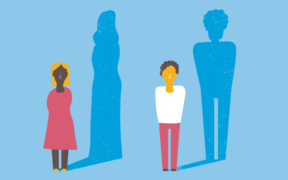
What's the role of parents as critical influencers in young people’s reproductive health? Experts discussed this topic at-length in the inaugural session of Connecting Conversations Module Two: Parents, Preachers, Partners, and Phones.

Quel est le rôle des parents en tant qu'influenceurs critiques dans la santé reproductive des jeunes ? Des experts ont abordé ce sujet en profondeur lors de la session inaugurale du module deux de Connecting Conversations : Parents, Prêcheurs, Partenaires et Téléphones.
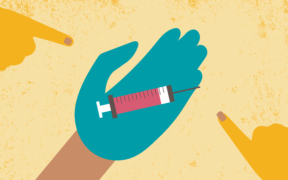
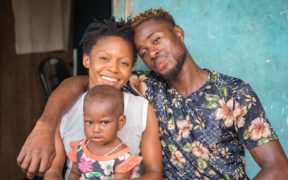
Evidence to Action (E2A) has been reaching young first-time parents Burkina Faso, Tanzania, and Nigeria in recent years for strengthening family planning and reproductive health service delivery for girls, women, and underserved communities.
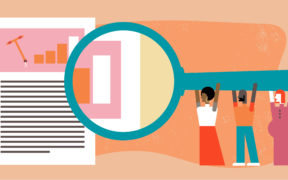
In June 2021, Knowledge SUCCESS launched FP insight, the first resource discovery and curation tool built by and for the family planning and reproductive health (FP/RH) workforce. The platform addresses common knowledge management concerns expressed by those working in FP/RH. It allows users to curate collections of resources on FP/RH topics so they can easily return to those resources when they need them. Professionals can follow colleagues in their field and get inspiration from their collections and stay on top of trending topics in FP/RH. With over 750 members from Africa, Asia, and the United States sharing cross-cutting FP/RH knowledge, FP insight had an impactful first year! Exciting new features are on the horizon as FP insight rapidly evolves to best meet the diverse knowledge needs of the FP/RH community.
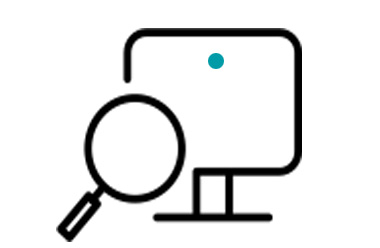
The materials in this toolkit address a range of topics relevant to meeting the needs of FTPs and YMW, such as: contraception, healthy timing and spacing of pregnancy (HTSP), couples’ […]
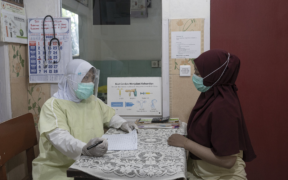
On April 27, Knowledge SUCCESS hosted a webinar, “COVID-19 and Adolescent and Youth Sexual and Reproductive Health (AYSRH): Stories of Resilience and Lessons Learned from Program Adaptations.” Five speakers from around the world presented data and their experiences on the impact of COVID-19 on AYSRH outcomes, services, and programs.
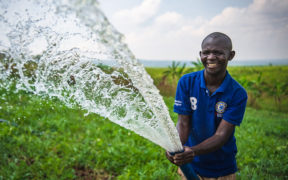
On Earth Day 2021, Knowledge SUCCESS launched People-Planet Connection, an online platform focused on population, health, environment, and development (PHE/PED) approaches. As I reflect on the growth of this platform at the one-year mark (as we approach the annual celebration of Earth Day), I’m happy to report the addition of blog posts and time-bound dialogues to share and exchange information in a more timely and friendly format. As is the case with the new and the young, we have growth yet to come—to bring greater awareness of the value of this platform to the PHE/PED community and beyond.
Knowledge SUCCESS is a five-year global project led by a consortium of partners and funded by USAID’s Office of Population and Reproductive Health to support learning, and create opportunities for collaboration and knowledge exchange, within the family planning and reproductive health community.
Johns Hopkins Center for Communication Programs
111 Market Place, Suite 310
Baltimore, MD 21202 USA
Contact Us
This website is made possible by the support of the American People through the United States Agency for International Development (USAID) under the Knowledge SUCCESS (Strengthening Use, Capacity, Collaboration, Exchange, Synthesis, and Sharing) Project. Knowledge SUCCESS is supported by USAID’s Bureau for Global Health, Office of Population and Reproductive Health and led by the Johns Hopkins Center for Communication Programs (CCP) in partnership with Amref Health Africa, The Busara Center for Behavioral Economics (Busara), and FHI 360. The contents of this website are the sole responsibility of CCP. The information provided on this website does not necessarily reflect the views of USAID, the United States Government, or the Johns Hopkins University. Read our full Security, Privacy, and Copyright Policies.

